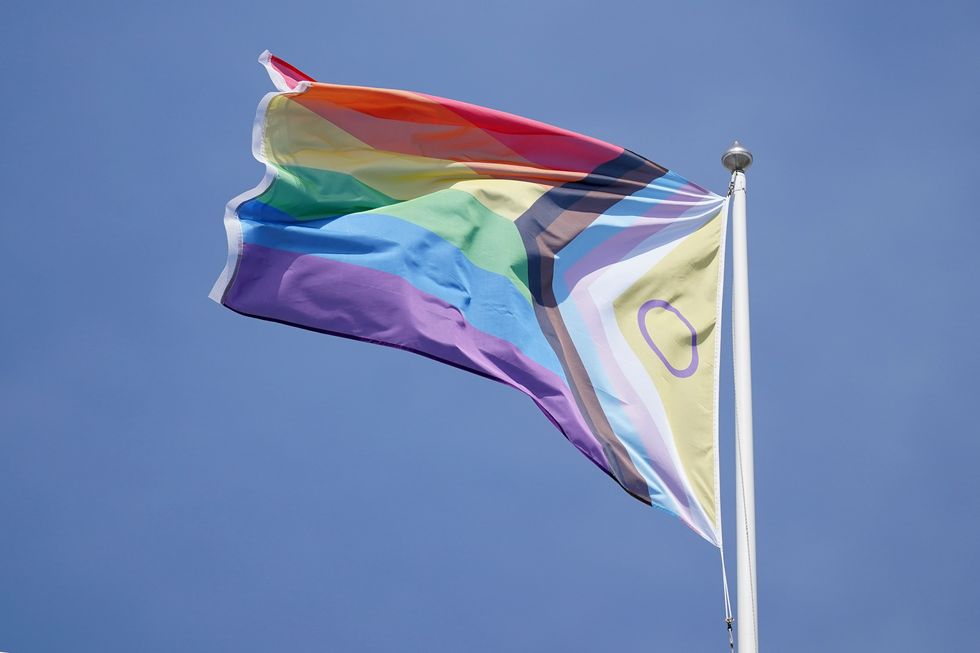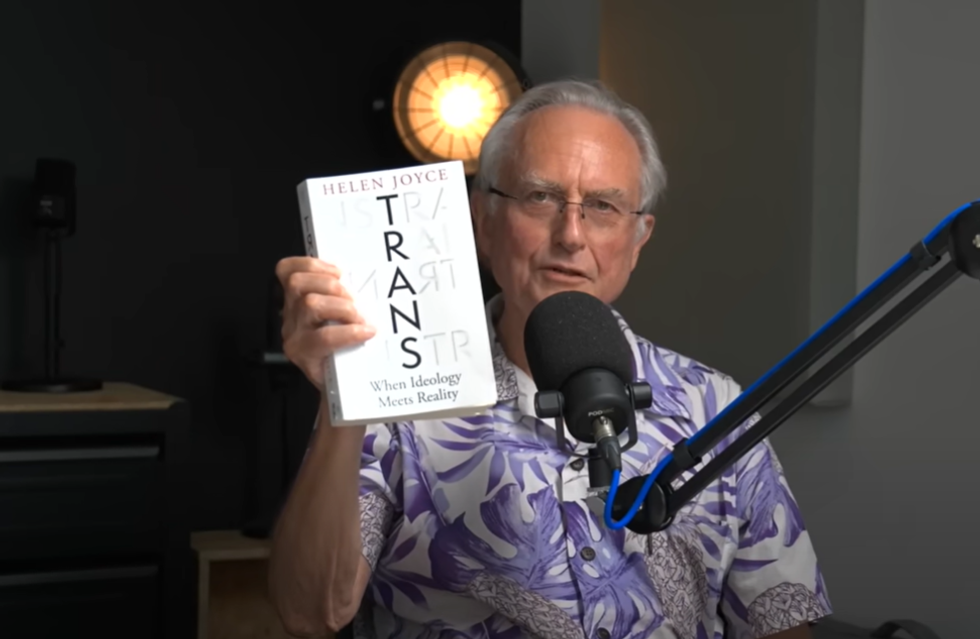Richard Dawkins blasts 'paranoid hypersensitive' trans activists as he outlines attempts to silence him

Dawkins has said trans activists have “paranoid hypersensitivity that almost literally warps their hearing”
Wikimedia Commons

Dawkins has said trans activists have “paranoid hypersensitivity that almost literally warps their hearing”
Richard Dawkins has slammed “paranoid hypersensitive” trans activists who have attempted to censor his views online.
Dawkins, a British evolutionary biologist and author, warned a number of online posts that he has published over the years have caused outrage and faced attempts to be removed.
He cited numerous tweets and videos that have been complained about by users in order to remove the content from their respective social platforms.
The 82-year-old referenced a tweet which was flagged up to Twitter by users as violating their standards, in an opinion piece for the Evening Standard.

The author said that some activists choose not to listen to counter-arguments, instead only hearing “hate hate hate”
PA
The tweet began with a popular phrase within the trans community: “Sex is not the same as gender”.
But Dawkins went on the debunk this: “But it’s not your gender that gives you the physique to tower over woman athletes & break their swimming records. It’s your sex. It’s not your undressed gender that upsets women in changing rooms. It’s your sex. You can’t eat your cake & have it.”
The complaint was over-ruled by Twitter, in a move Dawkins saw as “sensible”.
Dawkins believed that the user who complained was sincere in their outrage, but pins this down to a “paranoid hypersensitivity that almost literally warps their hearing”.
The God Delusion author said that some activists choose not to listen to counter-arguments, instead only hearing “hate hate hate”.
Instead of arguing back their point-of-views, they resort to censorship, Dawkins stated.
Another tweet of Dawkins from 2021, caused the American Humanist Association to retrospectively revoke his title as the 1996 Humanist of the Year.
Dawkins also mentioned a recent YouTube interview with journalist Helen Joyce, discussing her 2021 book Trans.
In her book, Joyce criticises the transgender movement and activism associated with it.
The interview has been well-received on YouTube according to the biologist, and he gives credit to its success to Joyce, who he describes as “extremely well-informed in her subject”.
However, the video was deemed as “hateful and derogatory content” by YouTube, who restricted its license to advertise.
Dawkins pointed to the “warped ears” of people who were unwilling to engage in debate, and instead try to censor content they saw as “hateful”.
The evolutionary biologist questioned if trans activists and himself had the same understanding of the English language, using the word “violence” as an example.
“If someone calls you 'she' when you prefer 'they', I might see it as a mild discourtesy. But if you see it as a 'violent' threat to your very existence, then our interpretations of 'incitement to violence' — and hence of freedom of speech — are going to diverge sharply,” he said.

Dawkins discussing Joyce's book Trans on his YouTube channel
YouTube
He referenced an incitement of violence by trans activist Sarah Jane Baker who told a crowd at London Pride: “If you see a Terf, punch them in the f****** face”.
Dawkins also mentioned Harry Miller, an ex-police officer whose alleged transphobic tweets were recorded on a national database as a non-crime hate incident.
One of the tweets complained about said: “I was assigned Mammal at Birth, but my orientation is Fish. Don’t mis-species me.”
Miller went on to win a legal case against a national policy for forces to record gender-critical views as non-crime “hate incidents”, after a court decided the guidance was wrongly used.
Speaking outside court, Miller said: "Being offensive is not, cannot and should not be an offence."
He added: "Only when speech turns to malicious communication or targeted harassment against an individual should it be a problem."